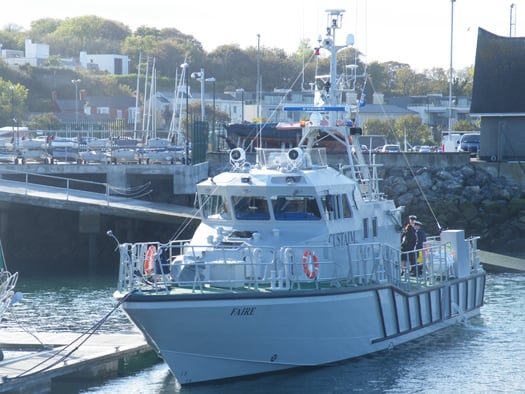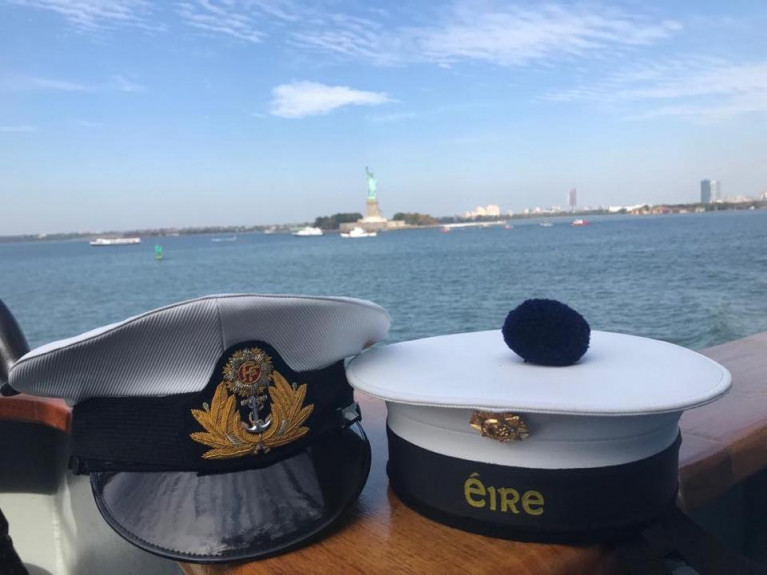Displaying items by tag: Officers
Officers who took industrial action at a Manx ferry firm over new contracts has been halted, in which their seafarers’ trade union has confirmed.
The move follows confirmation by the operator, the Isle of Man Steam Packet Company which sent letters putting staff who refused to agree to the new working terms on notice would be rescinded.
According to the union, Nautilus International, the letters issued on 22 December, have since been withdrawn and that its members had been informed to cease their industrial action.
As previously reported, the dispute at the Steam Packet centres the on live aboard requirements on the company’s new flagship ferry, Manxman. The 24,161 gross tonnes newbuild was introduced last August on the Douglas-Heysham route.
The dispute led to affected staff who have been refusing to act up to cover in for rosters of senior roles or work overtime since 27 December.
BBC News have further coverage on the Manx government owned operator.
Officers in Defence Forces Paying Up to €67,000 to Leave Early
Officers in the Defence Forces have paid up to €67,000 each to buy their way out of their military careers early rather than continue to serve for the time they initially agreed, it has emerged.
The Irish Times has established 24 officers across the Army, Air Corps and Naval Service who were sent to university as part of their training then opted to pay their way out early over the past 4½ years.
Many of them had gained specialist skills in university such as in computer forensics, cyber security and combating cybercrime.
Less than a fortnight ago the Government’s own National Cyber Security Strategy warned of significant risks to Ireland’s economy and international reputation because the State was vulnerable to cyber attacks.
For more on the story click this link.
New series of 'Customs' on RTÉ One
The second series of 'Customs' returns to television screens next Wednesday (17 November) on RTÉ One at 8.30pm. The Revenue Commissioners customs cutter, RCC Faire, which officially entered service in October of last year, will feature in the new series.

RCC Faire at Howth Harbour on the day of her naming ceremony on 16 October 2009. Photo: Jehan Ashmore / ShipSNAPS
To be broadcast in six-parts, the series will provide unprecedented access into the daily operations of the custom officers.'Customs' examines how the country is dealing with increasing levels of illegally imported materials and substances.
Custom officers found shipments of drugs in the strangest places: a doll's house, picture frames, the bottom of a massive cargo ship. In addition the seizure of contraband cigarettes, vehicles, large
quantities of money and the more bizarre discovery of a Colombian snake.






























































